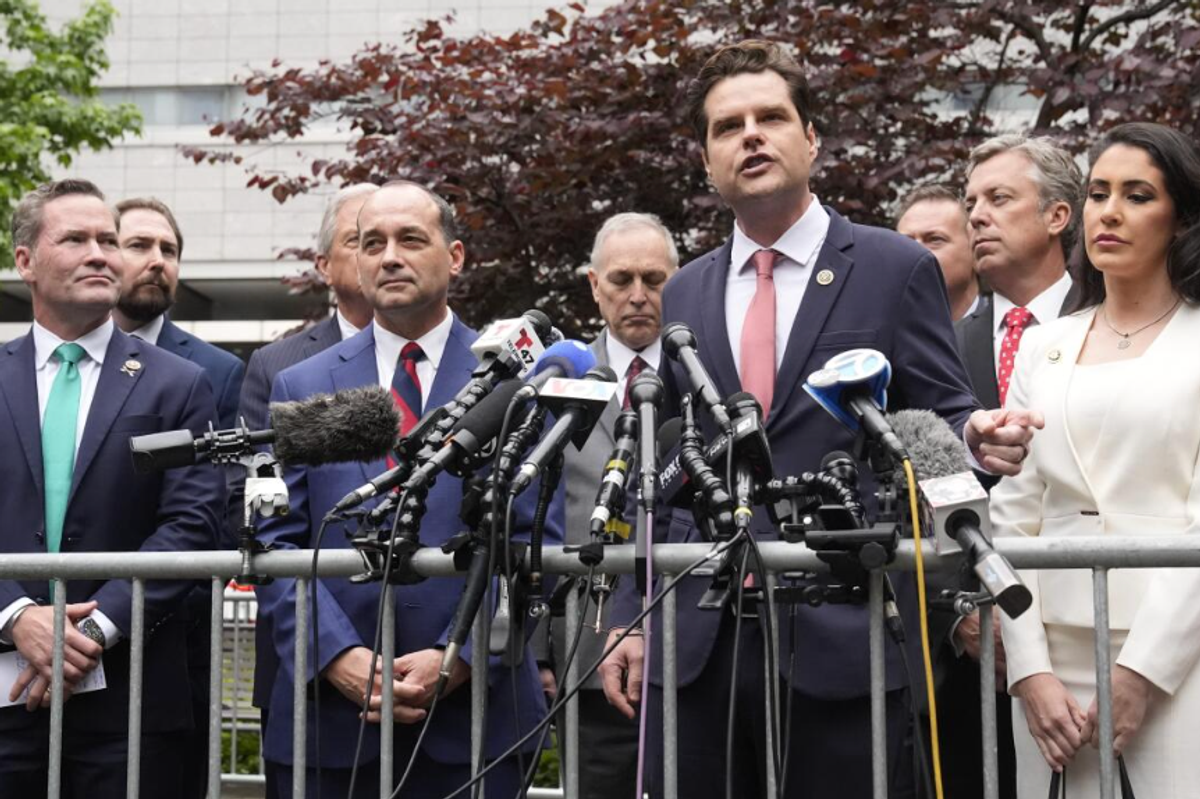Black And White Americans Have Astonishingly Different Views Of Police

Reprinted with permission from AlterNet.
In a Twitter post earlier this month, NFL star Michael Bennett detailed abuse he allegedly faced from Las Vegas cops who violently arrested him for a crime he didn’t commit, including threatening to “blow [his] f**king head off” if he so much as moved. “I’m going to die for no other reason than I am black and my skin color is somehow a threat,” the Seahawks defensive end recounted in the open letter. Despite his protests of innocence, Bennett was held until the cops “realized [he] was not a thug, common criminal or ordinary black man but Michael Bennett, a famous professional football player.” Bennett has since suggested he may file a lawsuit against the department, claiming he was released “without any justification for the officers’ abusive conduct.”
Like every variety of American racism, respectability politics are ineffective against police aggression and abuse. Racial profiling and other racialized encounters with police are recounted by African Americans from all walks of life, crossing class and education lines, gender and socioeconomic divides, including a woman who teaches at Harvard, a wildly famous comedian and a Republican senator from the South who is no one’s idea of a social justice warrior. Studies show blacks are more likely to be pulled over by police, subjected to use of force, killed by police during those interactions, and arrested for the same crimes as whites but handed longer sentences, including the death penalty.
Consequently, there are vast difference in the way whites and African Americans regard law enforcement. A new Pew study finds that across the political spectrum, whites have warmer feelings toward police than African Americans, and to a lesser degree, Latinos and Hispanics.
The Pew survey included 4,904 adults, who were asked to identify their views using a “‘feeling thermometer’ between 0 and 100—where 0 is the coldest, most negative rating and 100 represents the warmest, most positive.”
An overwhelming majority of whites polled, nearly three quarters (74 percent) rated police officers warmly. Just 11 percent reported neutral feelings about the police, and only 14 percent rated police coldly, with 7 percent giving a “very cold” rating. Compare that to the 30 percent of black Americans who rated police warmly. In addition, 28 percent of black respondents gave police a neutral score and 38 percent gave a cold rating, while 30 percent of were labeled “very cold.”
Pew researchers also note that “among Hispanics, 55 percent give police officers a warm rating, 25 percent give law enforcement a neutral rating and 17 percent have cold views.”
The survey also found differences in the views on police based on self-identified party affiliation. Eighty-six percent of Republicans said they had warm feelings toward law enforcement, and of those, 74 percent classified their feelings as very warm. Democrats were less gung-ho about the police, per the Pew report. “Among Democrats, 57 percent give officers a warm rating on the scale (including just 33% who rate officers very warmly), while 21 percent offer a neutral rating and 19% offer a cold rating.”
To a degree, those numbers are a reflection of the racial makeup of the two parties. The Republican Party, which has largely become a party of whites, for whites, reflects the police approvals of its overwhelmingly white membership. People of color, who tend to lean Democrat, likely had an impact on bringing the pro-cop numbers down among leftier survey respondents. As the Washington Post notes:
The Pew data shows that the overwhelming majority — 71 percent — of white Democrats view police very warmly or somewhat warmly — just two points lower than the 73 percentage rate for white Americans in general. For perspective, 87 percent of white Republicans have very warm or somewhat warm views of police. Black Democrats are much less likely to have warm views of police. Only 32 percent of black liberals view police very warmly or somewhat warmly.
Age also seemed to have an impact on how cold or warm respondents felt toward cops. Eighty percent of people 65 and older reported warm feelings toward the police, but that number fell to 48 percent among adults under the age of 30. Among the latter group, “22 percent are neutral and another 29 percent are cold in their assessments” of cops. Pew authors noted the way age and race/ethnicity intersect to affect feelings toward police:
Notably, while greater racial and ethnic diversity among younger adults accounts for some of the age differences in these views, there are significant age differences within racial and ethnic groups. For instance, 28% of whites younger than 30 give cold ratings to officers, compared with just 6% of whites 65 and older. And while just 27% of blacks ages 50 and older offer a cold rating for police officers, that rises to 46% among blacks younger than 50.
Kali Holloway is a senior writer and the associate editor of media and culture at AlterNet.


